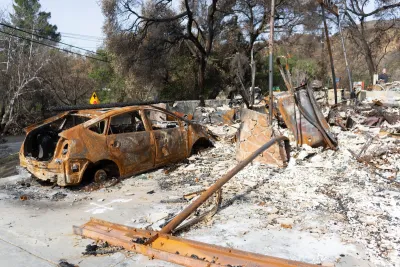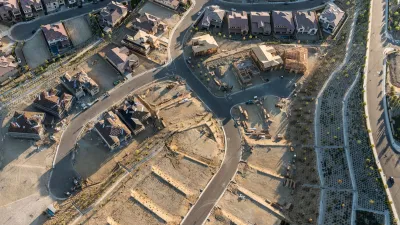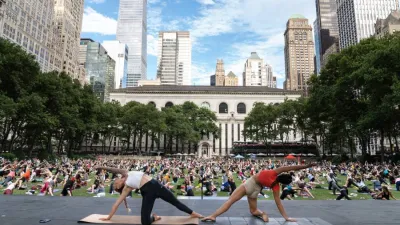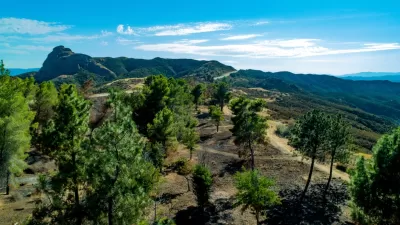Wildfires in Los Angeles not only pose immediate physical health risks but also lead to long-term respiratory problems and mental health struggles, underscoring the need for a coordinated public health response to mitigate their lasting effects.

Wildfires in Los Angeles leave behind more than just physical destruction; they also have profound and long-lasting effects on human health. While immediate dangers like burns and smoke inhalation are well-documented, researchers are increasingly studying the lingering consequences, including respiratory issues, cardiovascular problems, and mental health struggles. Exposure to wildfire smoke, which contains harmful toxins, has been linked to conditions like asthma, heart disease, and even pregnancy complications. Vulnerable populations, such as the elderly and those with preexisting conditions, face heightened risks, making long-term health monitoring critical.
As reported by Sandy Cohen, wildfires take a deep psychological toll on affected communities beyond physical health. Survivors often experience anxiety, depression, and post-traumatic stress disorder (PTSD) due to the trauma of evacuation, property loss, and displacement. There’s even a term for the particular pain of environmental change: solastalgia. Coined in 2007 by Australian professor Glenn Albrecht, solastalgia describes the distress caused by the destruction or disappearance of treasured natural spaces. This emotional burden extends beyond direct survivors to entire communities who grieve the loss of familiar landscapes, adding another layer to the mental health crisis triggered by wildfires.
Addressing the ongoing health impacts of wildfires requires a coordinated effort between healthcare providers, policymakers, and researchers. Public health initiatives must focus on improving air quality monitoring, providing mental health resources, and ensuring equitable access to healthcare for those most affected. As climate change continues to fuel more frequent and intense wildfires, experts stress the need for proactive strategies to mitigate both the immediate and long-term health risks. By recognizing the full scope of wildfire-related health challenges — including the psychological wounds of solastalgia — communities can better prepare for and respond to future disasters.
FULL STORY: Lingering loss after the L.A. fires

Planetizen Federal Action Tracker
A weekly monitor of how Trump’s orders and actions are impacting planners and planning in America.

Maui's Vacation Rental Debate Turns Ugly
Verbal attacks, misinformation campaigns and fistfights plague a high-stakes debate to convert thousands of vacation rentals into long-term housing.

San Francisco Suspends Traffic Calming Amidst Record Deaths
Citing “a challenging fiscal landscape,” the city will cease the program on the heels of 42 traffic deaths, including 24 pedestrians.

Amtrak Rolls Out New Orleans to Alabama “Mardi Gras” Train
The new service will operate morning and evening departures between Mobile and New Orleans.

The Subversive Car-Free Guide to Trump's Great American Road Trip
Car-free ways to access Chicagoland’s best tourist attractions.

San Antonio and Austin are Fusing Into one Massive Megaregion
The region spanning the two central Texas cities is growing fast, posing challenges for local infrastructure and water supplies.
Urban Design for Planners 1: Software Tools
This six-course series explores essential urban design concepts using open source software and equips planners with the tools they need to participate fully in the urban design process.
Planning for Universal Design
Learn the tools for implementing Universal Design in planning regulations.
Heyer Gruel & Associates PA
JM Goldson LLC
Custer County Colorado
City of Camden Redevelopment Agency
City of Astoria
Transportation Research & Education Center (TREC) at Portland State University
Jefferson Parish Government
Camden Redevelopment Agency
City of Claremont





























